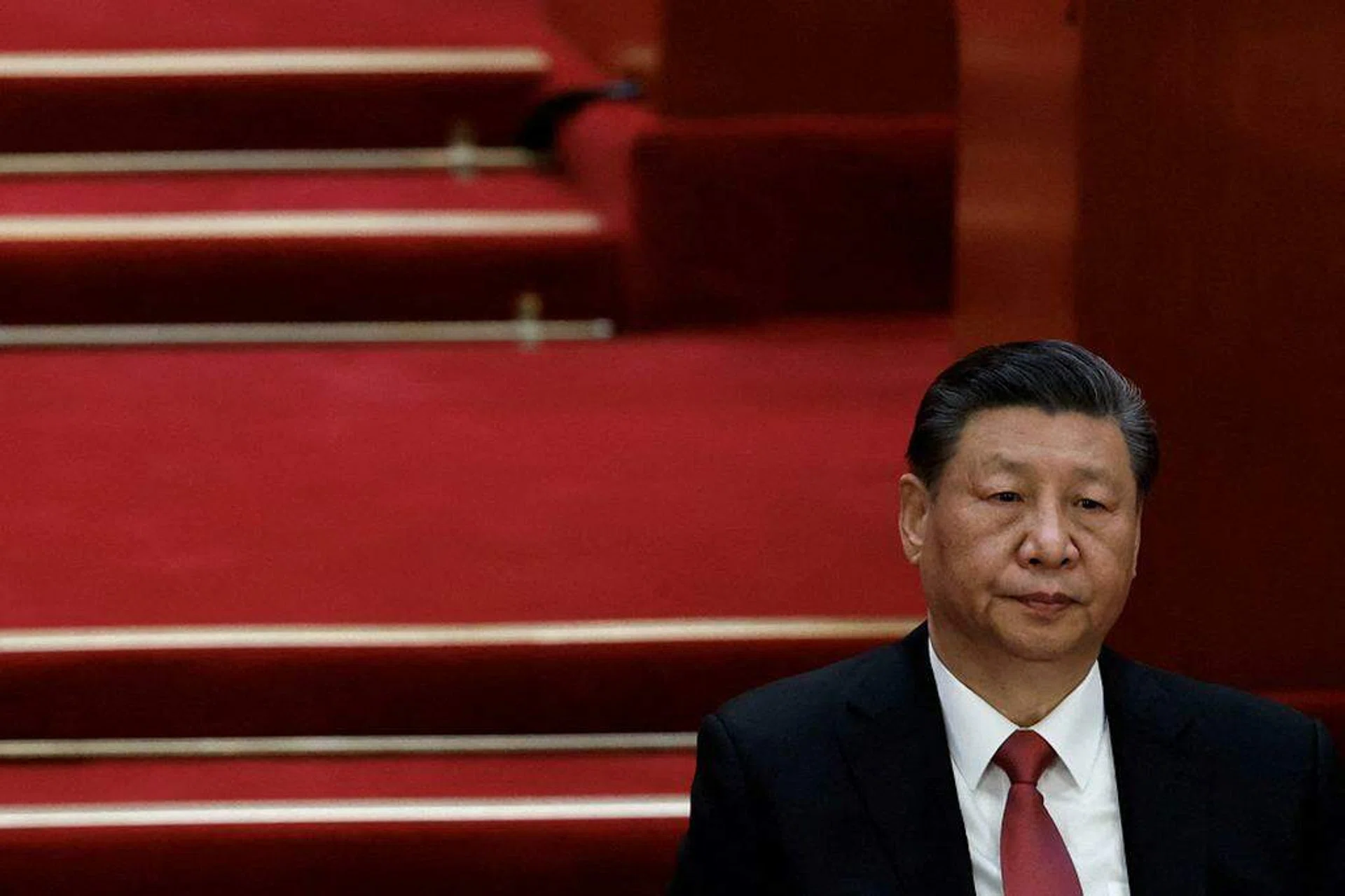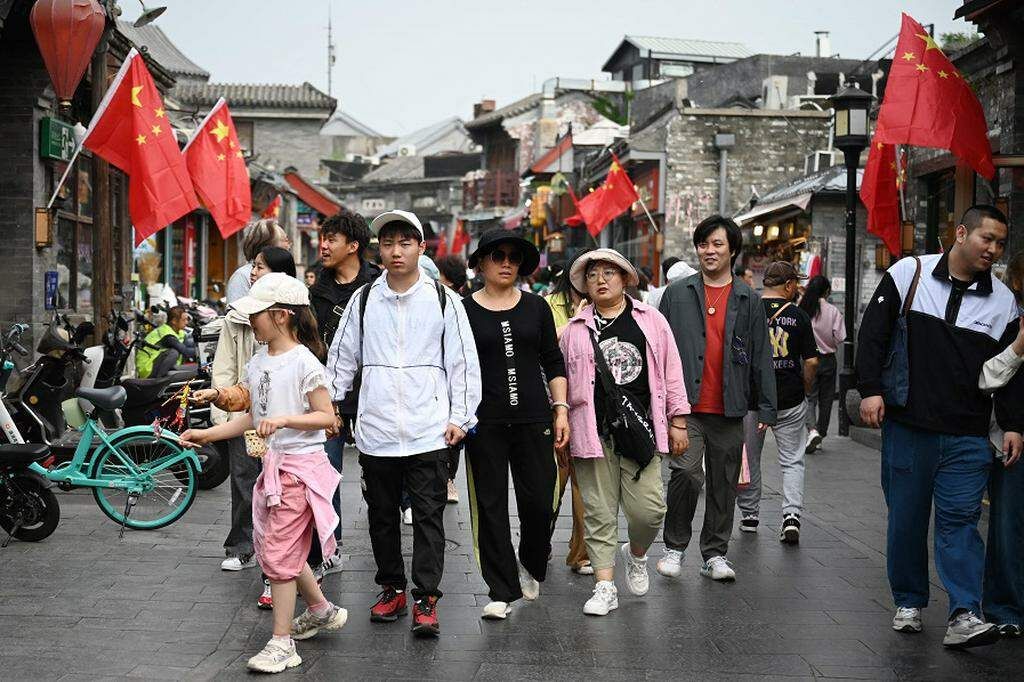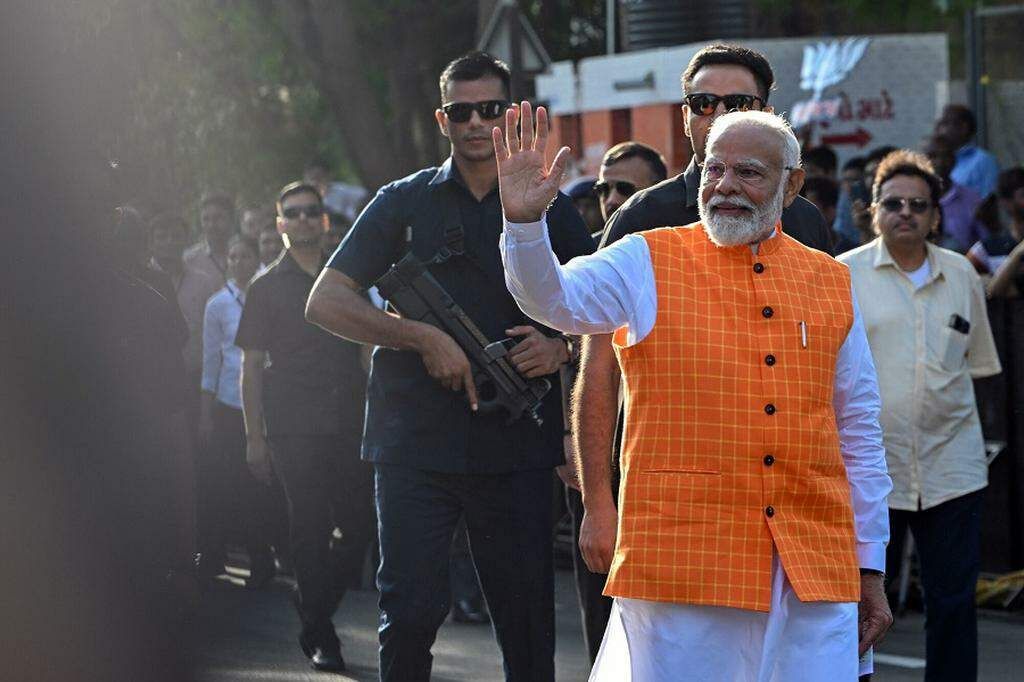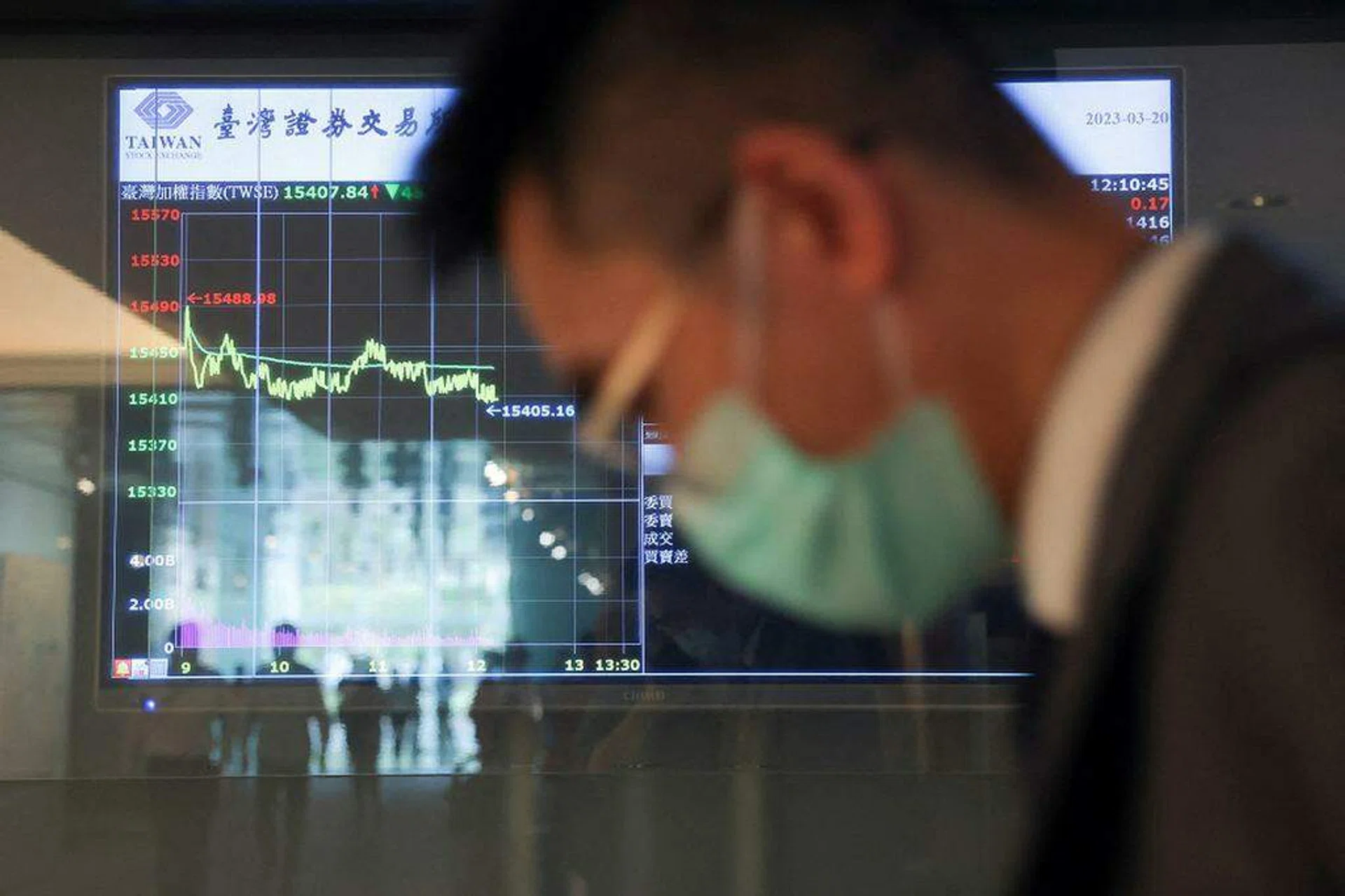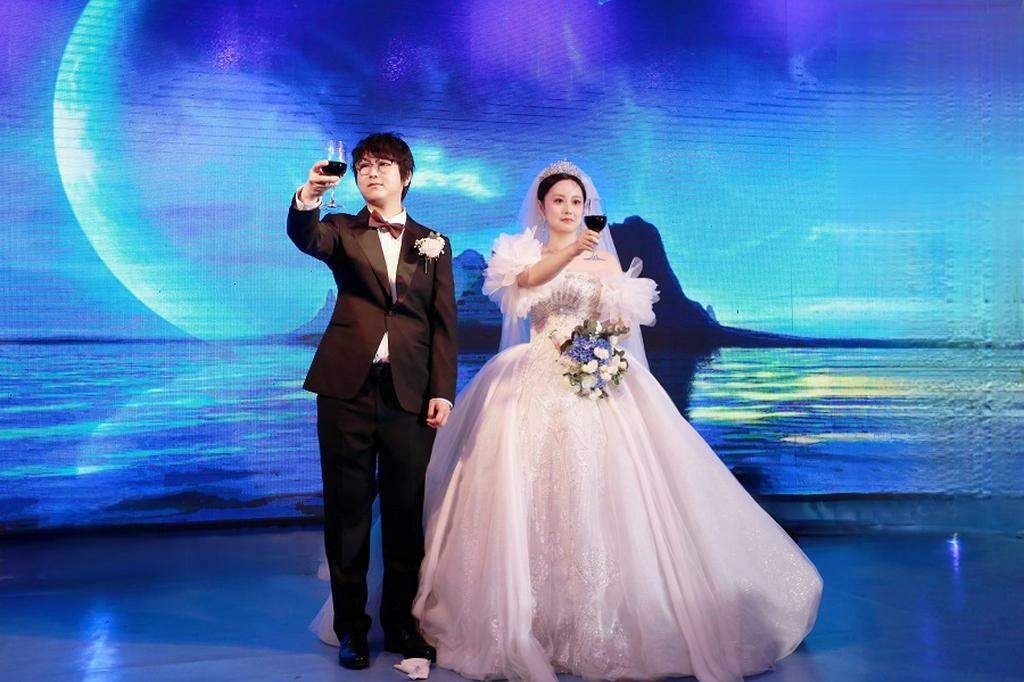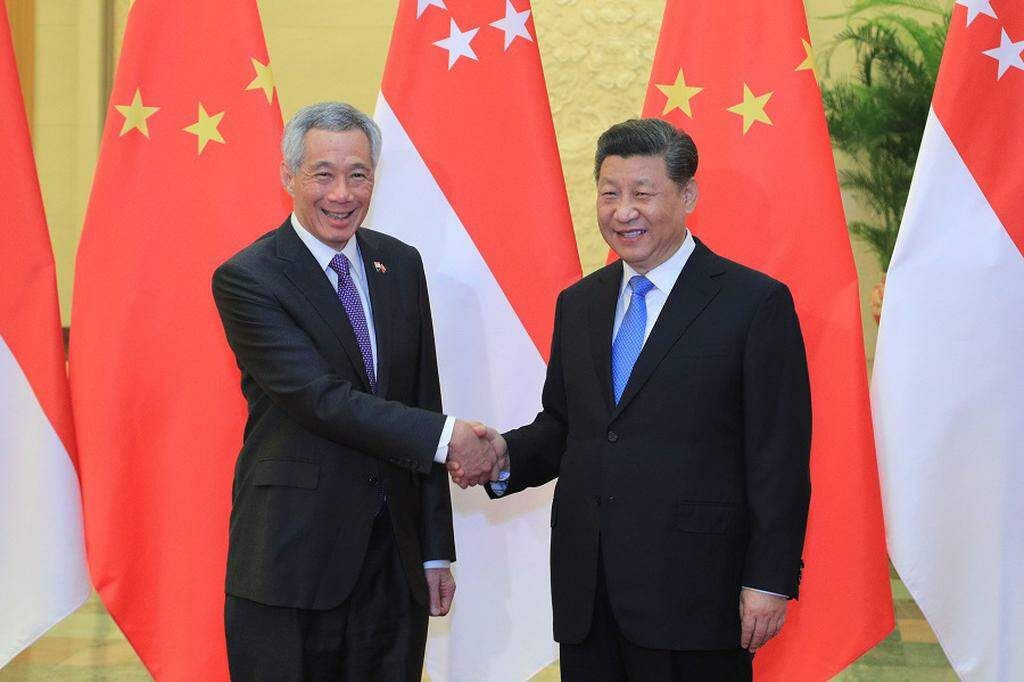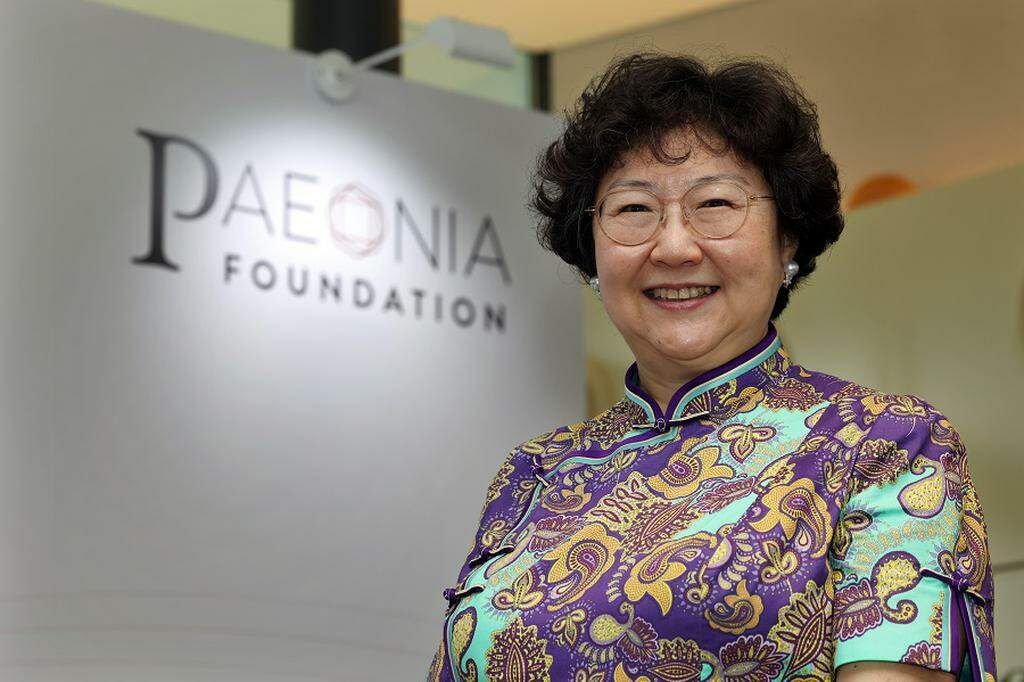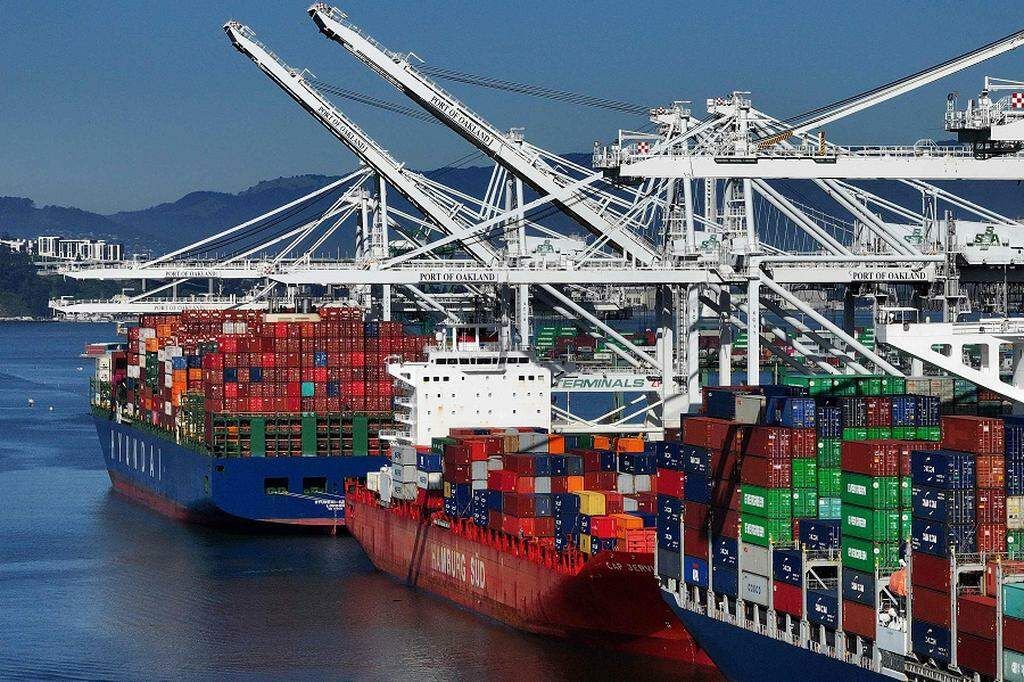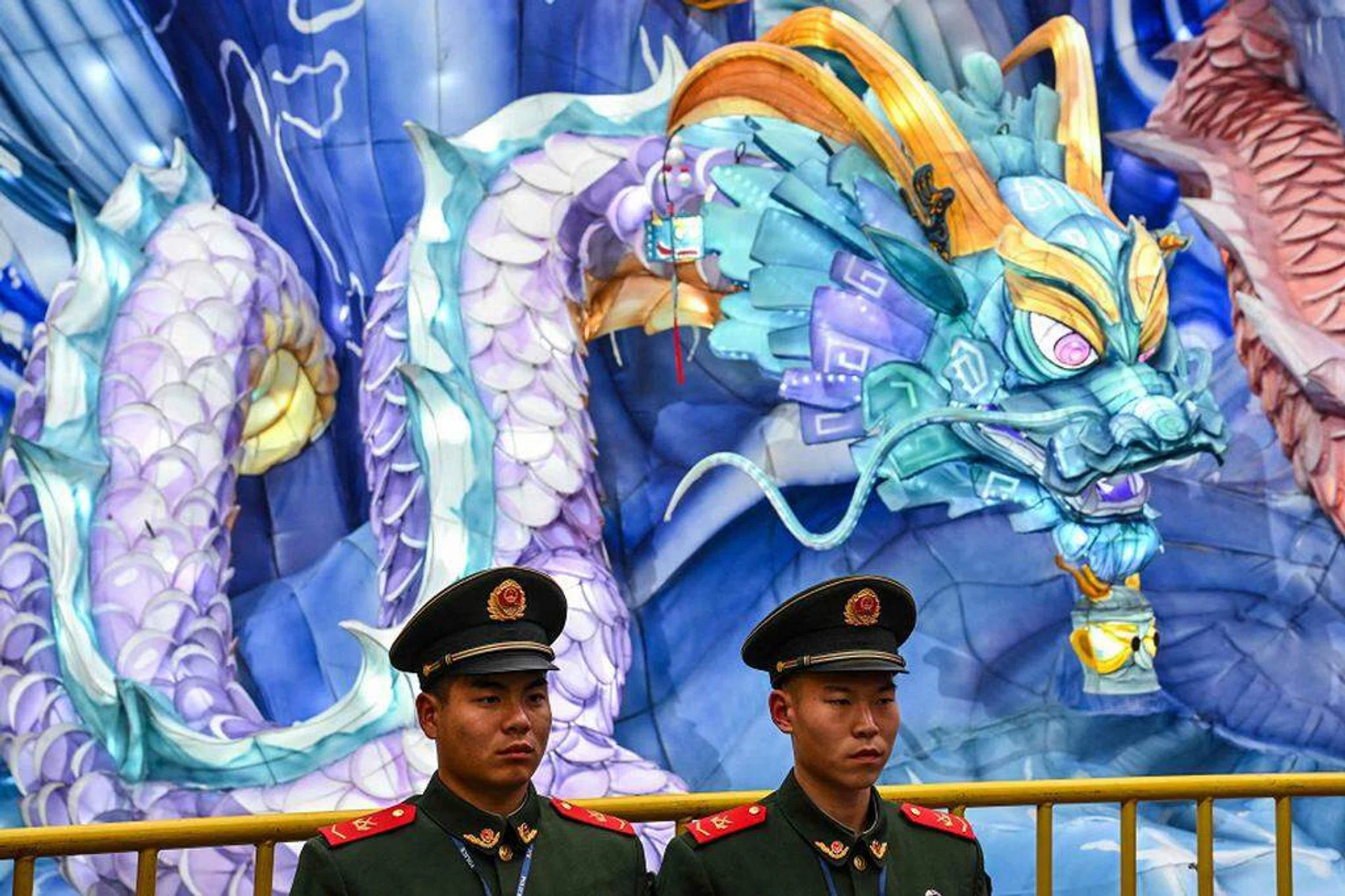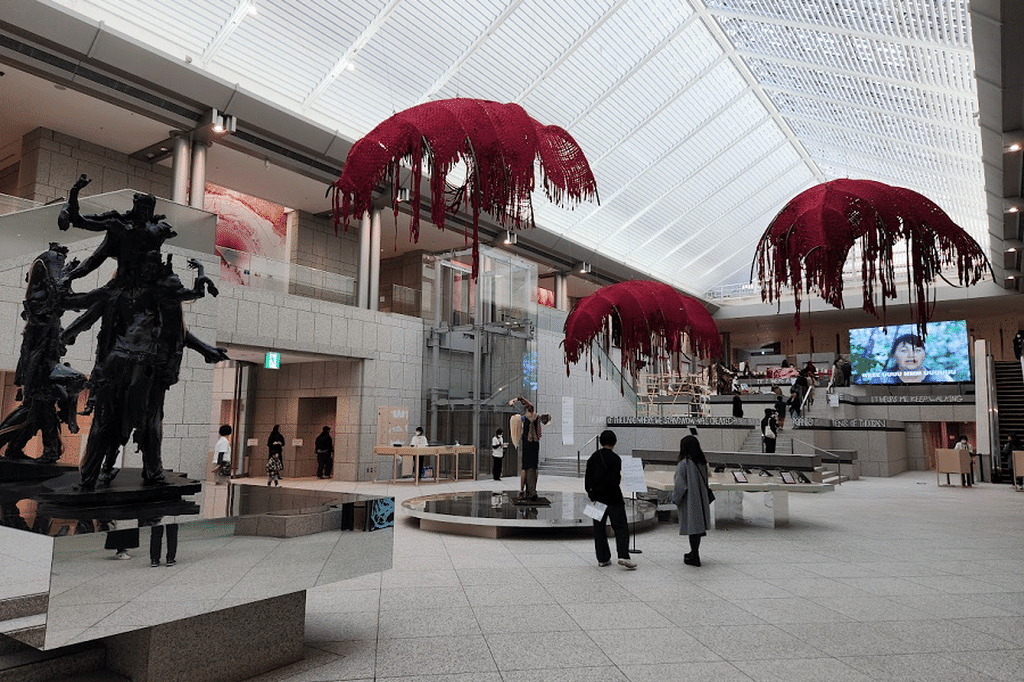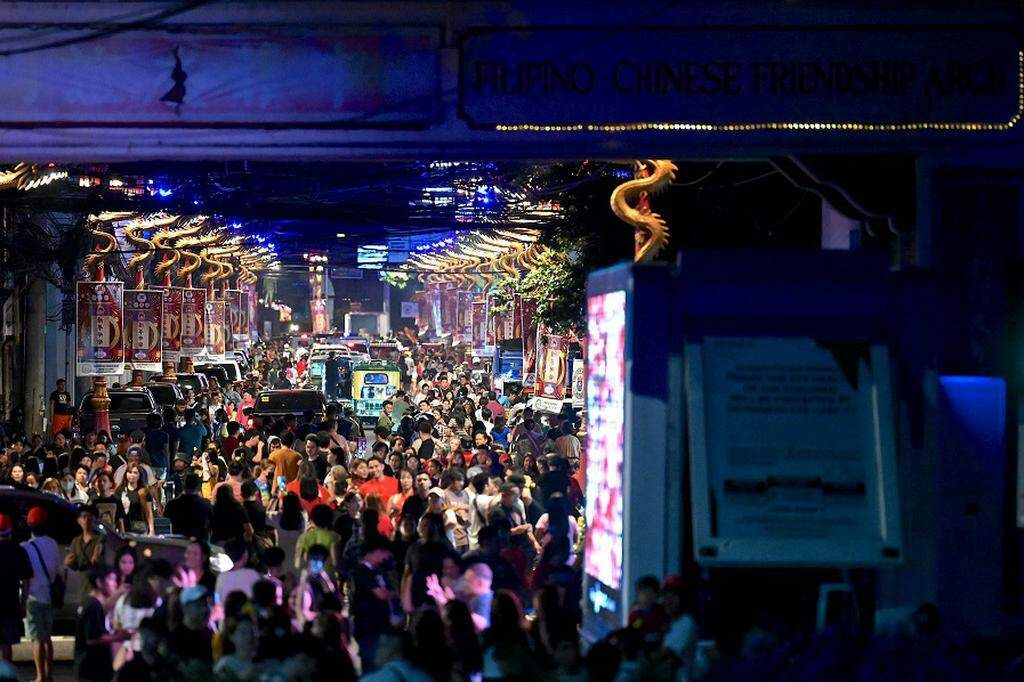[Video] China’s village super leagues: Where culture and economy score big!
China’s village super leagues, whether for basketball, football or volleyball, go beyond mere games; they are cultural extravaganzas where people of all ages participate as athletes, cheerleaders, chefs or avid spectators.
How should the Hong Kong film industry overcome its difficulties?
Lianhe Zaobao journalist Tai Hing Shing notes the once thriving Hong Kong film industry is mired in troubles. From changing consumer habits to the sorry state of screenwriters, Hong Kong’s film industry may need a more policy-based approach to see a revival.
‘Red tourism’ could save Hong Kong’s pillar industry
Lianhe Zaobao journalist Tai Hing Shing laments that Hong Kong’s tourism industry remains in the doldrums even years after the pandemic. Given the new forms of popular travel that bring in less economic benefit, Hong Kong could boost its unique selling points, such as its Chinese-West dual cultural features, and historical “red tourism” attractions, to entice more tourists.
[Big read] Greater Bay Area grand plan gets a boost with Shenzhen-Zhongshan Bridge
The Shenzhen-Zhongshan Bridge connecting two major cities at the Pearl River Delta is expected to boost development in the Greater Bay Area, especially the west side, which has been lagging behind. Lianhe Zaobao journalist Daryl Lim takes a look at the benefits and possible downsides of the new infrastructure.
Sustaining political stability in a turbulent world: Singapore’s approach
Former journalist Goh Choon Kang notes that political stability is not a given and should not be taken for granted. While Singaporeans can be confident that there will be a peaceful transition in the government when Prime Minister Lee Hsien Loong steps down, many, especially those from the pioneer generation, understand the importance of political stability and especially cherish it because they have experienced a turbulent period in Singapore’s history.
Living well
[Big read] The Communist Party of Vietnam’s struggle against corruption
An uproar broke out after Truong My Lan, Vietnam’s richest female tycoon, was found guilty of the biggest fraud and money-laundering case in the country, and sentenced to death. The case goes beyond white-collar crime and it pushed Vietnam’s anti-corruption campaign to a crescendo as collusion between business and government, political factions, and power struggles in the country were all exposed.
China’s quest for breakthroughs with economic reforms
With the third plenary session of the 20th Chinese Communist Party Central Committee slated for July, the high-level members of the Politburo have been making their rounds across the country and urging for action in various aspects of the economy. Lianhe Zaobao correspondent Yu Zeyuan takes a look at the calls for action ahead of the session.
South Korea-Japan-China trilateral summit: Self-interest biggest hurdle to cooperation
Academic Kang Jun-young explains why, while the resumption of the South Korea-Japan-China trilateral summit at the end of this month is a positive development, obstacles stand in the way of the three countries working together on common issues affecting them and the region.
India’s strategic conundrum of diminished influence and rising ambitions: State of Southeast Asia 2024
With its strategic relevance in Southeast Asia diminishing, how can India enhance its image as a trusted partner in the region?
Property and stock markets worsen wealth gap and financial anxiety in Taiwan
The sudden surge in Taiwan’s stock market index along with inflows to ETFs have left officials and analysts concerned. This could signal a wider wealth gap once markets return to normal and greater home ownership woes for youths. Lianhe Zaobao journalist Chuang Hui Liang looks into the matter.
Chinese youths are saying no to elaborate weddings
Chinese youths are giving pared-down weddings their thumbs up, knowing that this would rid them of impractical customs, high wedding costs and unnecessary angst. Lianhe Zaobao journalist Meng Dandan examines this trend.
Singapore-China relations under PM Lee Hsien Loong: A steady course of continuity
US academic Zhu Zhiqun reviews Singapore Prime Minister Lee Hsien Loong’s tenure over the past 20 years under the prism of Singapore-China relations. He notes that unlike some US allies and partners which have aligned their policies closely with the US to counter China’s rise, Singapore under Prime Minister Lee has skillfully handled great power rivalry and successfully managed friendly relations with both powers.
Entrepreneur Alice Hung: How to embrace life’s rollercoaster and stay kind
Lianhe Zaobao senior correspondent Chew Boon Leong speaks with Alice Yin Hung, entrepreneur and founder of Paeonia Group, who moved to Singapore from Hong Kong four years ago. Having been at the lowest rung of society in her early years, Hung seized the opportunities brought about by China’s economic takeoff to build her fortune. Hung also shares insights on her career and on investing, as well as her sense of connection with Singapore.
US expands trade dispute to China’s shipbuilding sector
The mounting pressure on China extends beyond the digital realm and into manufacturing, especially in areas involving critical technologies such as semiconductors and electric vehicles. The US then intensified its focus on maritime security, which included directives aimed at China’s shipbuilding industry.
Powerful families that rule over China’s grassroots
Chinese academic Han Heyuan takes a look at the prevalence of “political families” in China at the grassroots level. The disadvantages of such a system are obvious, including the obstruction of social mobility, corruption and abuse of power. Furthermore, if a specific family or group monopolises official positions and resources for a long time, it may lead to a decline in the quality of officials, thereby reducing administrative efficiency.
Yokohama Triennale, Lu Xun’s ‘Wild Grass’ and our lives
Strolling through the 8th Yokohama Triennale held mainly at the Yokohama Museum of Art, former director of the Singapore Art Museum Kwok Kian Chow reflects on the historical woodcut connections between Japan and China and in the wider Asian region.
The China-Philippines united front on online gambling
While the mainstream view in the Philippines is that China is to blame for the flourishing Philippine Offshore Gaming Operators (POGOs) industry, both countries have common cause in rooting out the ills of POGOs.
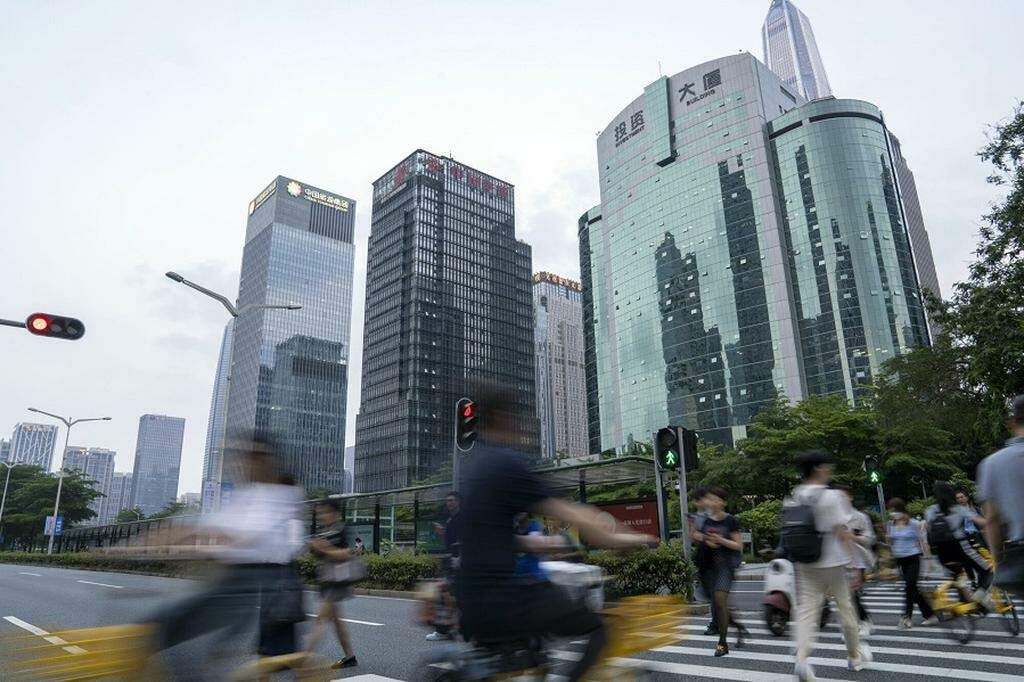
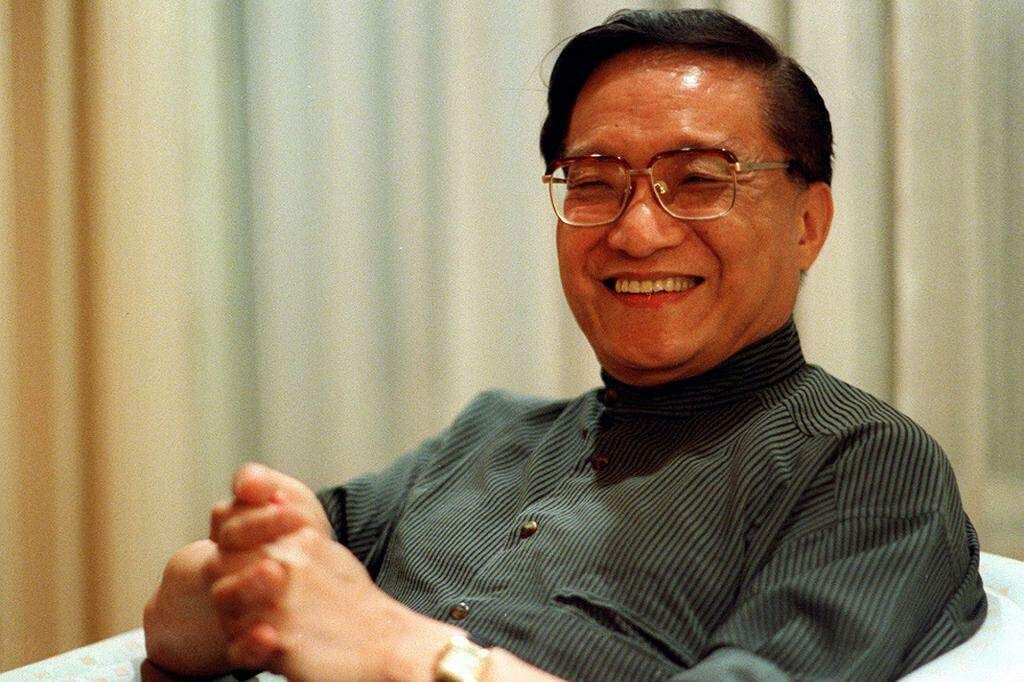
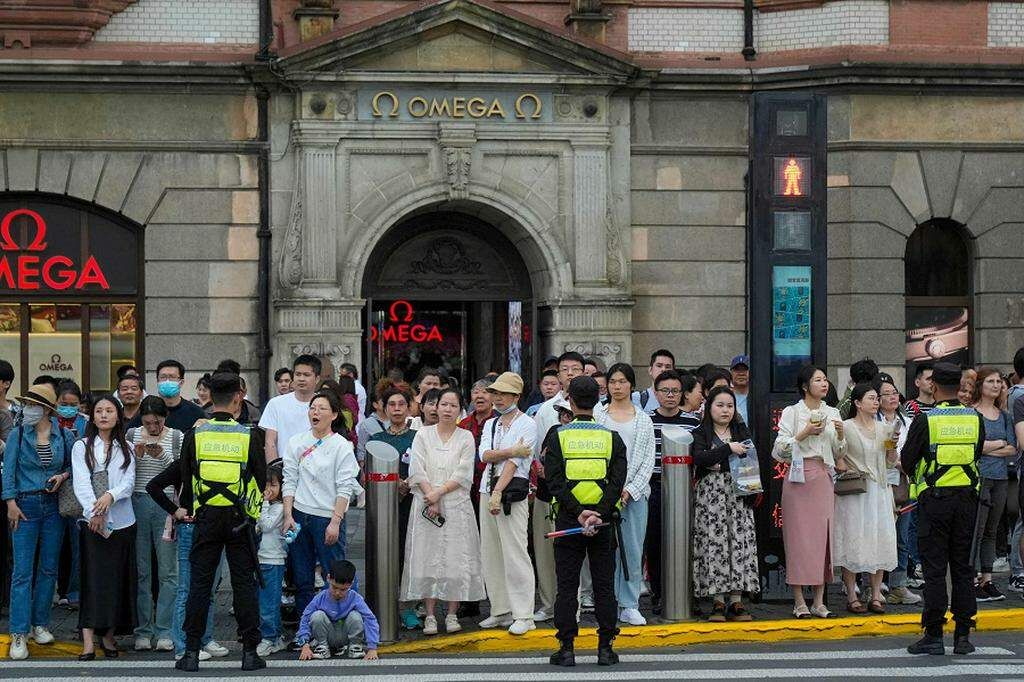
![[Video] China’s village super leagues: Where culture and economy score big!](https://cassette.sphdigital.com.sg/image/thinkchina/af4c0025af81e6a2b830180303257b8a696e8ffc6e08304ccf0d457ee5fcb949?w=1024)
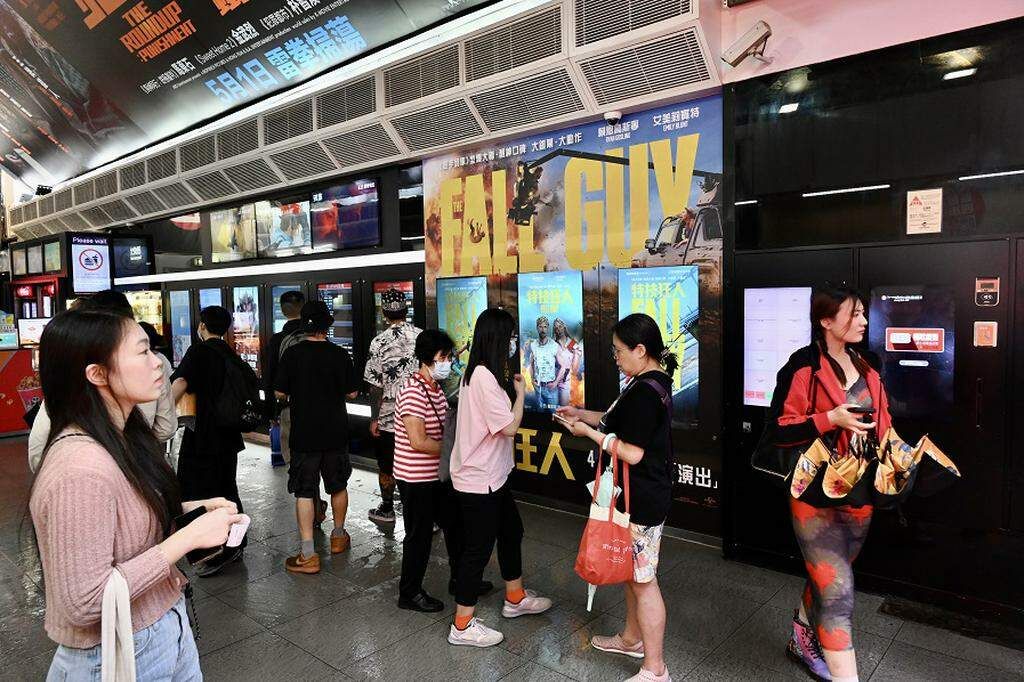

![[Big read] Greater Bay Area grand plan gets a boost with Shenzhen-Zhongshan Bridge](https://cassette.sphdigital.com.sg/image/thinkchina/c9d7e515620a780db3acb898c2af0369c7b8656a54dc5d1027011ea4ec0940ae?w=1024)
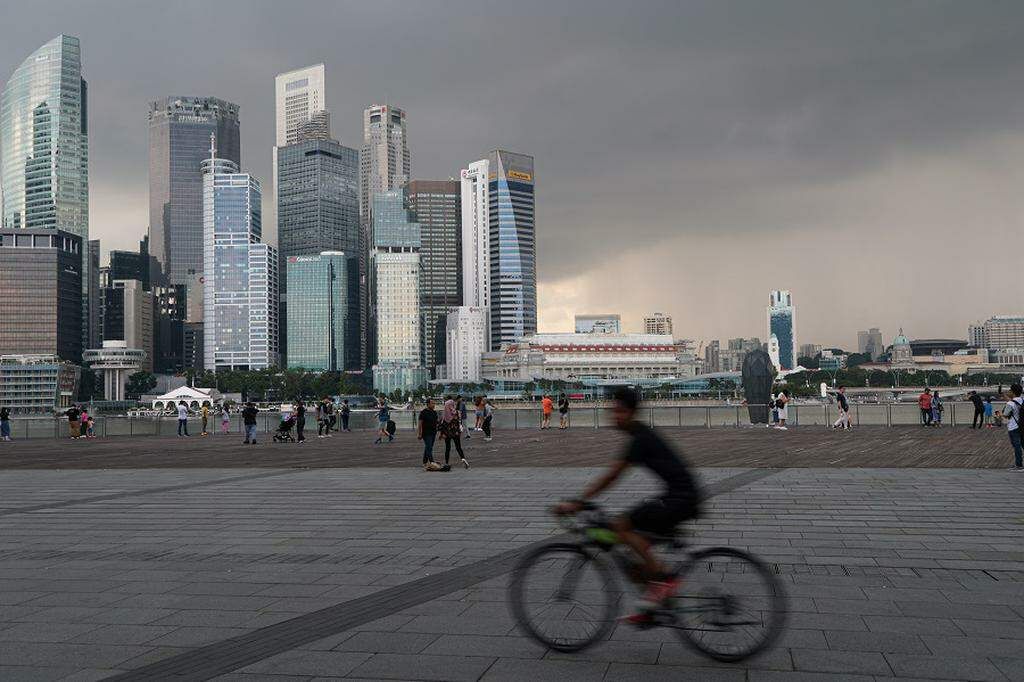
![[Big read] Chinese youths embrace alternative therapies for mental well-being](https://cassette.sphdigital.com.sg/image/thinkchina/4ae67978a58909bbd671d75e2b880efbe7861ae2d857a997fb0496a5b639e5af?w=600)

![[Big read] The Communist Party of Vietnam’s struggle against corruption](https://cassette.sphdigital.com.sg/image/thinkchina/de3de46f53fc099ada9d812aec7e38b586e0aedd6f768e87adec93f61944da91?w=1024)
